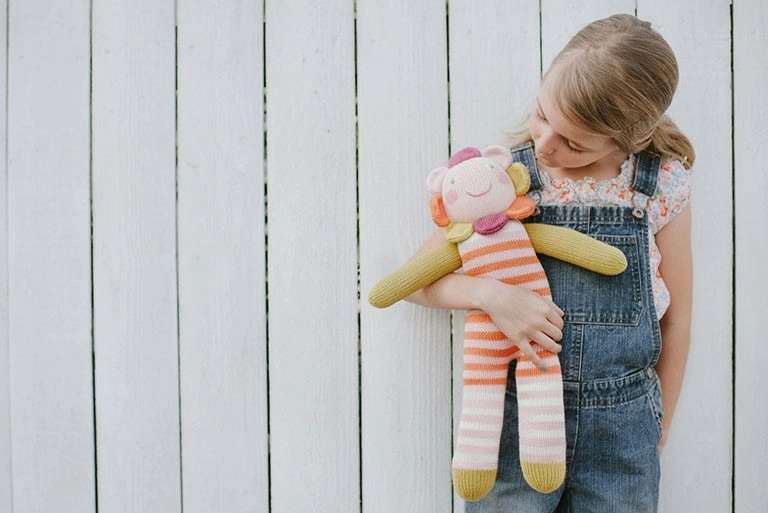Going back to school can be an adjustment for both parents and children. In addition to getting paperwork in order and making sure your child has all their vaccinations, it’s also important to consider their mental health. While your child’s emotional wellness might come up during an annual physical with your pediatrician, it could be missed. Here are some of the ways that you can identify if your child might be struggling and how to prepare your child emotionally for the upcoming school year.
What are the signs my child may be struggling emotionally?
Signs to watch out for depend on the child’s age and their individual development. These could include if your child is less engaged in things, isn’t sleeping well, and isn’t able to concentrate properly. It is important to look out for overall behavior changes that might not be typical for your child, like withdrawal from social situations or activities.
A sign of possible anxiety is unusual or excessive questions in a worried fashion, such as “are we going to be okay?” or “are we going to be safe?” Younger children may talk about stomach aches and body pains or illness and this may be an indication that your child is feeling anxious about something and is unable to express it another way. One thing to keep in mind is that for older children you’ll see more of the typical signs, while for younger children they can be more subtle and physical in nature (sick, tummy aches, headaches, etc.).
How do I speak to my child about emotional and mental health?
How you speak to your child depends on your child’s age and development. If you’re speaking to a young school aged child, your approach should be simpler and not verbally complicated to help the child to understand. An example might be to ask: “Is going back to school making your tummy hurt or feel funny?” For older children, you can talk to them more directly and genuinely about their feelings, thoughts, and fears about different situations. With older or more mature children there is less of a need to be simplistic as they have the abilities and skills to understand their internal states. No matter what age, it’s important to make sure your child is comfortable talking to you. Having consistently strong communication habits and discussions about their fears, thoughts, and feelings lets them know that you are there for them.
What are ways to reduce stress and anxiety?
Once it’s time to go back to school, there are several ways to help children reduce stress and anxiety as a parent.
- Discuss their thoughts, expectations and concerns around the start of school. Do they anticipate a good year, an easy year, or one they dread?
- Talk about (age appropriate) goals for the school year.
- Take the time to get them accustomed to their school routine (specifically wake and sleep schedules).
- Model and teach your children effective time management with schedules around homework, socializing and relaxation time.
- Give them dedicated time. School is starting and those long periods of time you spent close together during the summer are ending, so help continue that closeness with planned times of fun and undivided attention from you before and after school starts.
If you or your child are dealing with stress and anxiety, remember: you are not alone. It’s important to reach out for support, wherever you can whether it’s your partner, family, friends, neighbors or teachers. A psychologist can be a part of that support network, so reach out for services if you, your child, or both are having difficulties with the school or other life transitions. They can help with providing support, techniques, and tools to help you, your child, or your family adjust with the change and stress that arise with the return to school.
About the author

Dr. Craig Dike completed his doctorate in clinical psychology at the University of Indianapolis, internship at Texas State University, and post-doctoral fellowship at UC San Diego/VA, where he specialized in psychiatric rehabilitation. Dr. Dike has additional specialty training in treating panic disorders, PTSD, phobias, and OCD. He enjoys working with primary care physicians helping patients engage in healthier behaviors by treating insomnia, reducing chronic pain, smoking cessation, and utilizing biofeedback. He continues to teach, provide workshops and lectures, as well as train residents in strong evidence based treatments. Whenever possible, he participates in clinical research that addresses a wide range of areas within the field of therapy and evidence-based treatments. Based in Texas, he enjoys spending time with family and friends over a craft beer and brisket, and enthusiastically supporting his favorite soccer team Tottenham Hotspur.



